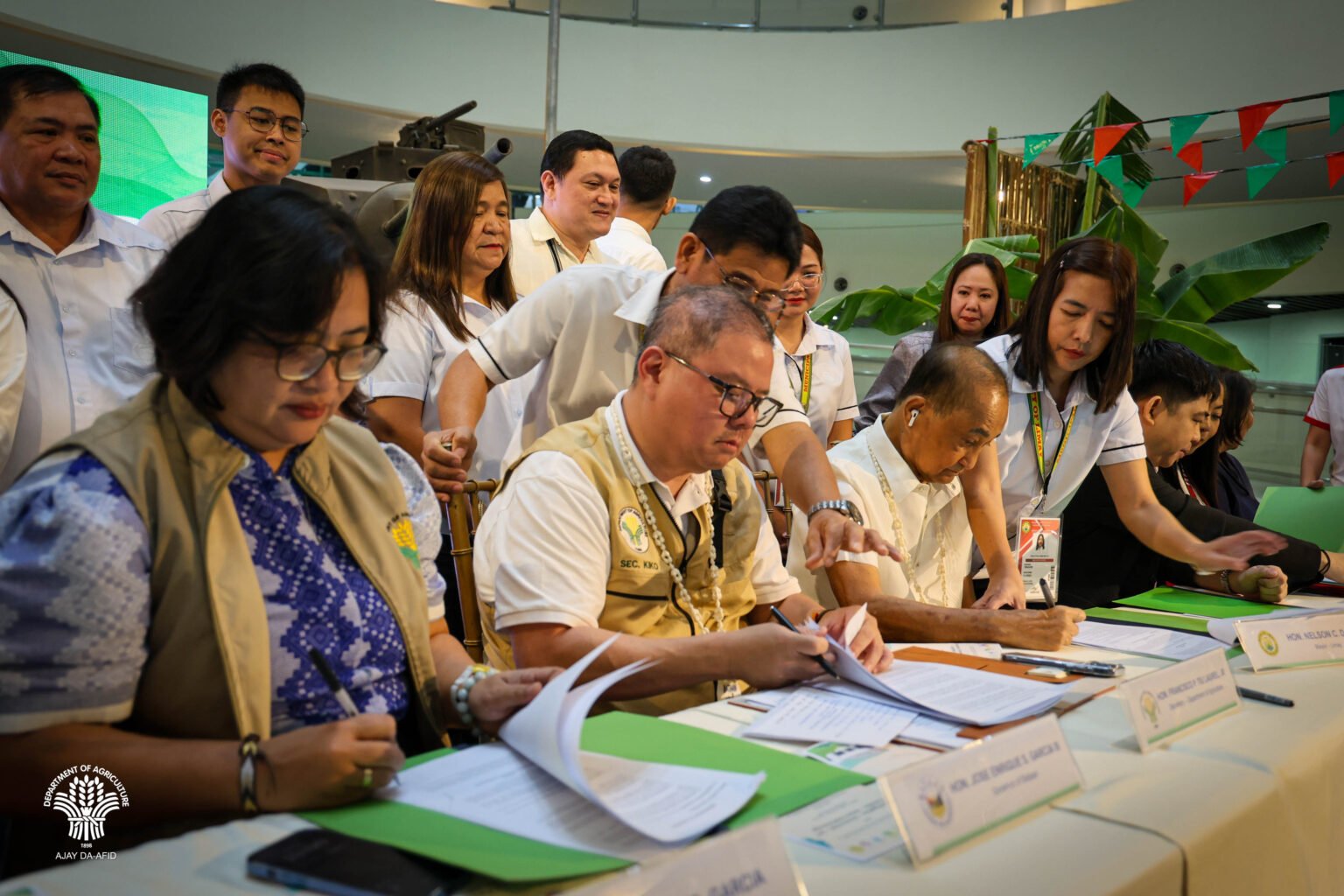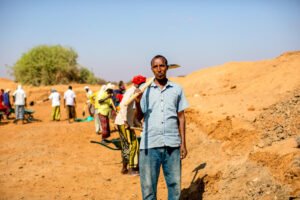Tuesday, 3 March 2026
Philippines expands zero-kilometre food project to Limay, Bataan
The ‘0KM’ project is a research initiative designed to develop an efficient data collection system on the supply and demand for food at the local government level The Philippines Department…

The ‘0KM’ project is a research initiative designed to develop an efficient data collection system on the supply and demand for food at the local government level
The Philippines Department of Agriculture (DA) established a partnership with the local government unit of Limay and the Bataan Peninsula State University and Limay Polytechnic College to extend the zero-kilometre food project, or ‘0KM,’ to the residents of this coastal town of Bataan.
The ‘0KM’ project is a research initiative designed to develop an efficient data collection system on the supply and demand for food at the local government level.
Aligned with DA Secretary Francisco Tiu Laurel’s vision for increased food productivity, the system aids policymakers in promoting sustainable local food production to meet consumption patterns and community needs.
“By promoting agriculture at the barangay level, we create efficient systems that ensure food reaches consumers without delay, nutrient loss, cost overruns, price manipulation, or unnecessary intermediaries. This, in turn, lays the groundwork for data-driven interventions aimed at meeting local needs and exploring export opportunities,” Secretary Tiu Laurel emphasised in his speech during the signing ceremony for the memorandum of agreement.
Dr Gerald Glenn Panganiban, director of the DA High-Value Crops Development Program, underscored the concept of zero-kilometre, which refers to the usage of local foods that have not travelled far after production, a principle also practised in Italy.
“This 0KM concept underscores the principle that food should ideally traverse zero kilometres from its origin to consumption. Simply put, 0KM will evaluate the supply and demand dynamics of essential high-value crops in Limay and ensure local production meets local consumption,” said Panganiban.
Dr Elmer De Leon, President of Limay Polytechnic College, and Dr Ruby Matibag, President of Bataan Peninsula State University, expressed their mutual support and commitment to the project that will benefit the people of Limay.
Both academic institutions will work together with the DA and Limay LGU to collect, verify, process, and secure relevant data, including agricultural production, food consumption, and Community-Based Monitoring System entries from the town.
The zero-kilometre food project was piloted in the towns of Hermosa and Dinalupihan in Bataan in June 2023.
Technology
IPC Report Flags Rapidly Deteriorating Food Security across Somalia
Mar 02, 2026 | Africa
University of Florida Develops Vitamin A–Rich Tomato to Tackle Global Deficiency
Mar 02, 2026 | Food
Inside the World’s First AI Centre of Excellence for Chocolate and Cocoa
Mar 02, 2026 | Interaction
Food Testing
Australian Medical Bodies Push for Compulsory Health Star Labelling
Feb 24, 2026 | Australia
Tim Hortons Singapore Secures Majlis Ugama Islam Singapura Halal Certification Ahead of Ramadan
Feb 23, 2026 | Company News
More Popular
Wildbrine Launches Industry-First Fermented Bean Salad
Mar 02, 2026 | Company News
IPC Report Flags Rapidly Deteriorating Food Security across Somalia
Mar 02, 2026 | Africa
University of Florida Develops Vitamin A–Rich Tomato to Tackle Global Deficiency
Mar 02, 2026 | Food






